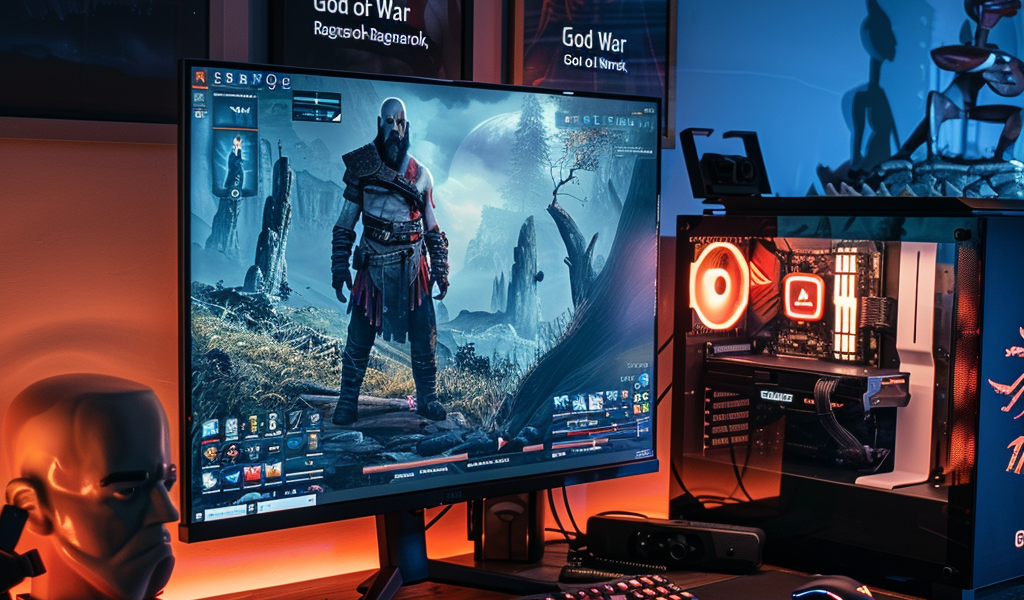In the world of gaming, the release of God of War Ragnarok on PC has sparked significant discussion among players, particularly regarding Sony’s stringent requirements for accessing the PlayStation Network (PSN). Following the launch, many players took to Steam to express their dissatisfaction, leading to a wave of review bombing aimed at the game.
In response to the backlash, a modder quickly created a solution intended to bypass the PSN login requirement, allowing players to access the game without the need for Sony’s network. This modification gained rapid popularity on NexusMods, a well-known platform for game mods. However, the excitement was short-lived. The mod’s creator decided to remove it from circulation, citing concerns over potential legal repercussions from Sony.
The modder explained their decision, stating, “It got too much attention, even major gaming outlets like IGN and PC Gamer covered it. I thought it would be better to remove it to avoid any potential threats from the Sony side.” This statement highlights the mod’s unexpected rise to fame and the creator’s apprehension about the implications of such attention.
The situation raises intriguing questions about the intersection of gaming, modding, and corporate oversight. While the world of PC modding has generally been a space where creativity flourishes without significant interference from major companies, Sony’s apparent interest in this particular mod suggests a shift in their approach. The company has historically maintained a tight grip on its intellectual property and user access, and this incident could signal a more aggressive stance towards modding in the future.
The modding community has often operated in a gray area, where creators develop modifications to enhance or alter gameplay experiences. However, the fear of legal action can stifle innovation and discourage modders from sharing their work. This incident is reminiscent of other recent legal actions taken by companies like Nintendo, which have been known to pursue legal action against developers and modders who infringe on their intellectual property.
In addition to the mod’s removal, the broader implications for players are noteworthy. Many gamers are now left pondering whether they would risk their own safety and livelihoods to help others bypass Sony’s login requirements. The question remains: how far are players willing to go to enjoy their gaming experience without the constraints imposed by platform holders?
As the gaming landscape continues to evolve, incidents like this one highlight the delicate balance between corporate interests and the desires of the gaming community. With modding becoming an increasingly popular avenue for players to customize their experiences, the potential for conflict between modders and gaming companies appears to be growing.
For now, the modding community watches closely as the situation unfolds, hoping to navigate the complexities of legality and creativity in gaming without facing the wrath of major corporations. Whether or not this incident will deter future modding efforts remains to be seen, but it undoubtedly serves as a cautionary tale for those looking to innovate in the gaming space.
As discussions around the God of War Ragnarok mod continue, players are encouraged to share their thoughts and experiences in the comments section below. The gaming community thrives on dialogue, and understanding the perspectives of fellow gamers can help shape the future of modding and player experiences.
In related news, the gaming industry is buzzing with excitement as new announcements and updates continue to roll out. With the impending release of various titles and the ongoing evolution of gaming technology, players have much to look forward to in the coming months.
Stay tuned for more updates and insights from the gaming world as we keep our finger on the pulse of the latest developments and trends.





